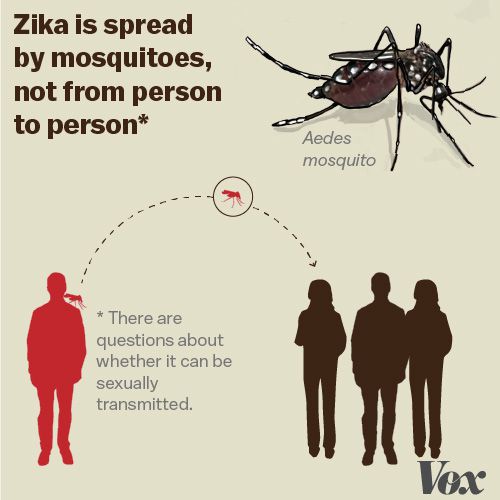Zika virus (ZIKV) is a member of the virus familyFlaviviridae and the genus Flavivirus, transmitted by daytime-active Aedes mosquitoes, such as A. aegypti. Its name comes from the Zika Forest of Uganda, where the virus was first isolated in 1947.
The infections, known as Zika fever, often causes no or only mild symptoms. Since the 1950s it has been known to occur within a narrow equatorial belt from Africa to Asia. In 2014, the virus spread eastward across the Pacific Ocean to French Polynesia, then to Easter Island and in 2015 to Mexico, Central America, the Caribbean, and South America, where the Zika outbreak has reached pandemic levels.
Zika virus is related to dengue, yellow fever,Japanese encephalitis, and West Nile viruses.The illness it causes is similar to a mild form of dengue fever, is treated by rest, and cannot yet be prevented by drugs or vaccines.There is a possible link between Zika fever and microcephaly in newborn babies by mother-to-child transmission, as well as a stronger one with neurologic conditions in infected adults, including cases of the Guillain–Barré syndrome.

In January 2016, the U.S. Centers for Disease Control and Prevention (CDC) issued travel guidance on affected countries, including the use of enhanced precautions, and guidelines for pregnant women including considering postponing travel. Other governments or health agencies soon issued similar travel warnings, while Colombia, the Dominican Republic, Ecuador, El Salvador, and Jamaica advised women to postpone getting pregnant until more is known about the risks. On February 2, 2016, Dallas County Health and Human Services confirmed the first case of transmission in the United States.
No comments:
Post a Comment